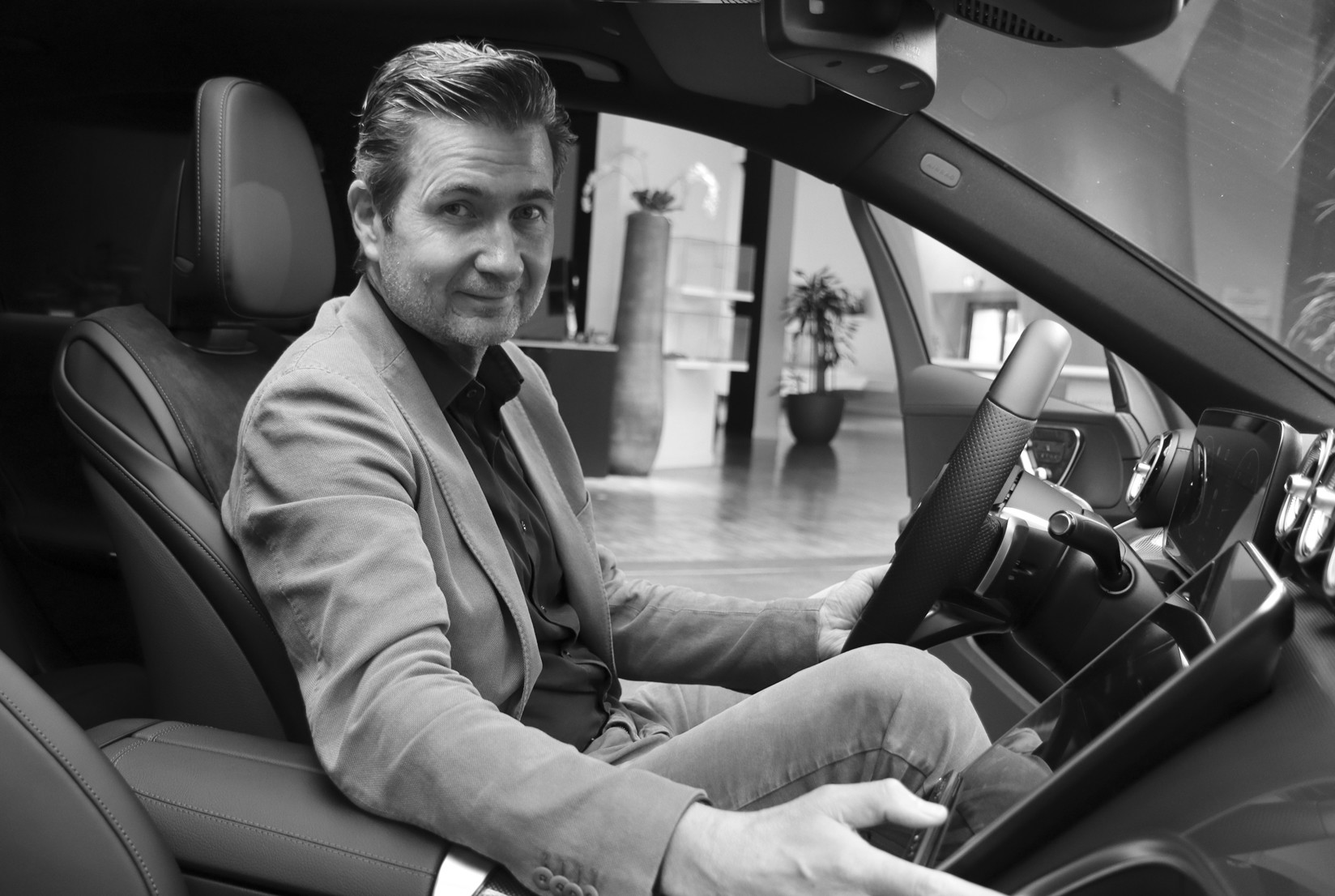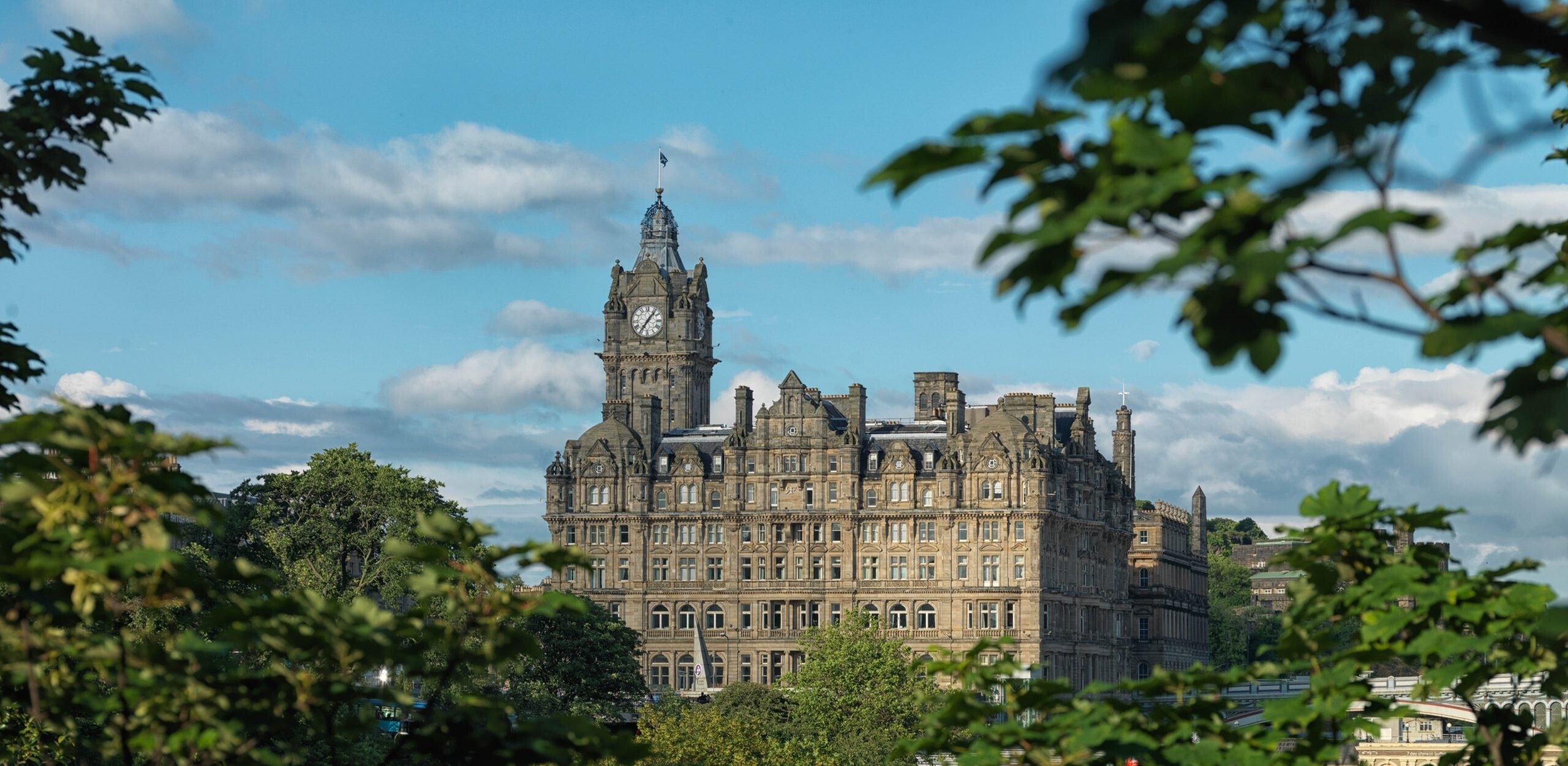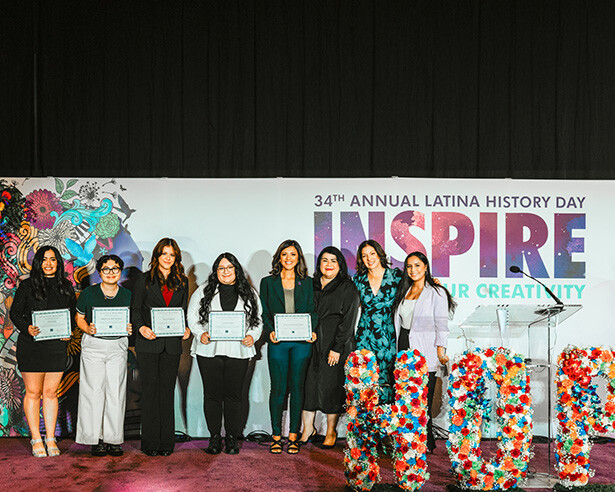Among the major luxury car historical brands, some appear as evanescent distant dreams, others fit into our daily lives following the rhythm of their vision and perpetual quest for innovation. Mercedes-Benz is one of them.
Today, Marc Frank, CEO of the Paris-Bordeaux area, unveils his passion for the famous brand – a passion that intensified not only through his career, nourished by the various opportunities he was offered by the group, but also though his own feelings that flourished through his very diverse experiences. Enough to give rise to careers and real passions in the high-end automotive industry.

Vendôm Talents – What can you tell us about your incredible journey in the luxury car industry and your various positions?
Mark Frank – I started my career as an apprentice at Mercedes-Benz right after high school. After two years of school and internships at Mercedes-Benz, I headed to Saarbrucken. As a consequence, I hold a double degree in marketing and management – obtained at the ESC in Lyon and at the University in Saarbrucken. Later, I was sent to Stuttgart to take up a position of “Fleet Sales Passenger Cars”, then to Switzerland, Italy and Spain. During this period, my role consisted in concluding, selling contracts with large companies. I felt at ease in that position, where I spent six months concentrating on the Franco-Swiss market, prior to becoming the assistant to the chairman of Mercedes-Benz in the United States, an experience that allowed me to travel a lot and train myself in the art of speech and presentation, as well as to work out a considerable number of new strategies for the group.
My next position was London-based and gave me the opportunity to make direct and targeted contact with customers, thanks to our databases. When I came back to Stuttgart sometime later, I was appointed to oversee the coordination of all the communication attached to product launches, a position requiring a precise and global vision of the type of communication that will or will not be effective in a specific country. After setting up this strategy, we soon had a communication agency in each country that I coordinated from Stuttgart.
Given this success, we decided to get younger target audiences interested, a decision which led to the launch of compact models – another big hit! During my career, my contribution to such important successes as the Class A, GLA or CLA Series was a fantastic experience. Subsequently, I was offered a very different challenge: to become Head of Marketing and Communication for Motorsport at Mercedes-Benz for Formula 1 and for DTM (Deutsche Tourwagen Meisterschaft).
VT – In that regard, have you ever worked on circuits yourself?
MF – Yes, I have! That experience is particularly fascinating, as well as incredibly demanding in terms of availability. You have to be on a circuit every weekend – from Friday to Sunday evening. I spent whole Summers on circuits, taking care of customers with my team. Though exhilarating, this is a pace you can keep for three years at most – after that, you have to change, you have to turn to something else. For me, that moment coincided with paternity and I knew it was the perfect time to take a new step in my career and I headed for Paris. I was appointed Head of Retail France – which included six sites in Paris and three in Bordeaux.
VT – You spent your entire career within this fabulous brand and reached different sectors. What inspired your love for luxury cars? Was it a career goal or did the subsequent opportunities you were offered in the group make your passion grow?
MF – I admit that I was already fascinated during my apprenticeship. I gathered a lot of documentation on the history and projects in progress. During my studies, my access to the Mercedes-Benz internship was a mere coincidence that motivated me to go further in this sector. The firm showed a deep interest in my training as I already knew its history well. In return, their training program for young international graduates seemed a great opportunity to discover all the cultures pertaining to sales and marketing.
I hadn’t really mapped out a career beforehand. As an example, my stay in Switzerland was planned to last a couple of years, but four months later, I was offered the assistant position in the United States. Shortly after that, I met my future manager MBUSA in Germany. I was offered the choice to stay in Switzerland or to leave for the States. Nothing was planned – I simply seized the opportunity. The same can be said for the other positions.
VT – When it comes to performance, but also commitment, Mercedes-Benz stands among the prominent icons. Can you unveil a few elements about your current or future projects?
MF – The Mercedes-Benz Group decided to go fully into car electrification and digitalization. This decision is an important point of pride, as the group managed to release eight electric cars on a two-year period. Starting from 2025, we would like to offer customers electric cars and plug-in hybrids. By 2030, we plan to be electric-only. This is the heart of one of our main strategies.
As for “digitization”, we use this term to express connectivity between cars and charging stations and mobile applications, a system that requires the use of our very own operating system, totally functional in the vehicles and connected with the customer. This system is an immensely innovative and heavy progress, as it relies on the implementation of a software aimed at developing new AI solutions.

This project will allow Mercedes-Benz to go up a notch in the field of luxury, as the brand will have, just like other luxury brands, a mid-range, a luxury and an ultra-luxury range. In itself, the strategy is not new, but it gives us the possibility to keep a vision of a customer’s wishes and anticipate then. In particular, I am thinking of the S-Class associated with Maybach, or the AMG models – G-Class – for explorers. We are looking for associated brands that will make our customers feel that Mercedes-Benz is more involved in finding out what they want than in trapping them into a strictly commercial strategy.
VT – This is an important point of view, as the environmental feedback received by the automotive sector – generally speaking, not high-class focused only – is usually tepid. What new arguments is a brand like yours using in terms of marketing/communication?
MF – Long before the health crisis, we organized master classes with our customers focused, for instance, on explaining the implications of switching to electric. We also did a lot of research on social networks, without dwelling on a mere theoretical aspect. In order to reach our existing or potential customers, we considered inviting them to side events, such as golf competitions, to test drive electric cars. This is a crucially important point, as driving one of these cars conveys very varied feelings. Personally, I have been driving an electric-only car since last year only. This approach is particularly dear to me as it considerably reduces our private trips, which, in my view, is a substantial contribution in terms of environmental commitment.

VT – Let us end on a more personal question. As CEO of Mercedes-Benz Paris-Bordeaux, what is your fondest memory of the brand?
MF – My career at Mercedes-Benz is permeated with delightful memories. Undoubtedly, one of the most significant memories is my first participation in Formula 1 in Bahrain. In 2014, Nico Rosberg was in strong competition with Lewis Hamilton. The race was epic: two Mercedes-Benz team champions made it to the podium, Hamilton and Rosberg respectively. I remember the immense joy of all the team and I remember holding the trophy in my hands. It was an unforgettable moment.
(Photo credit: Mercedes-Benz)






